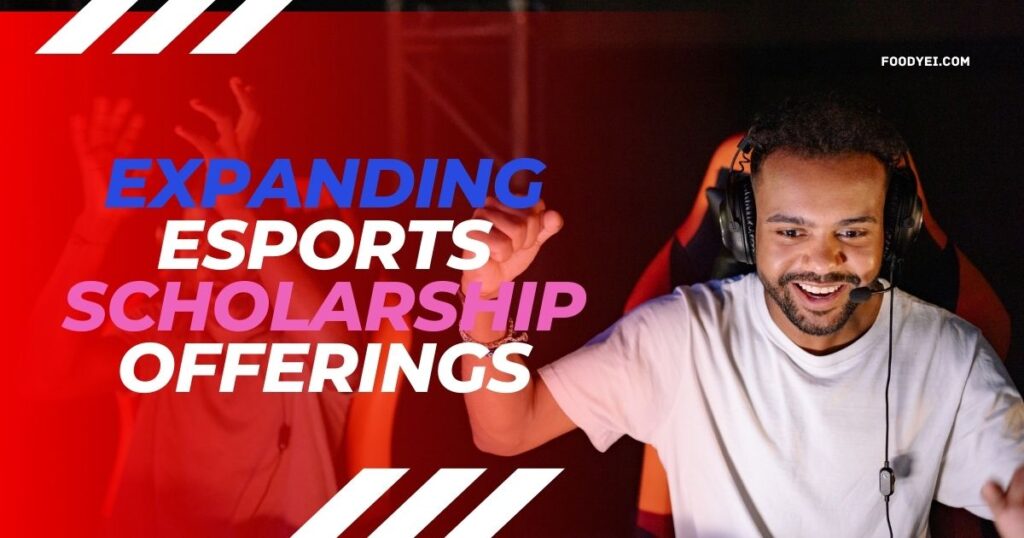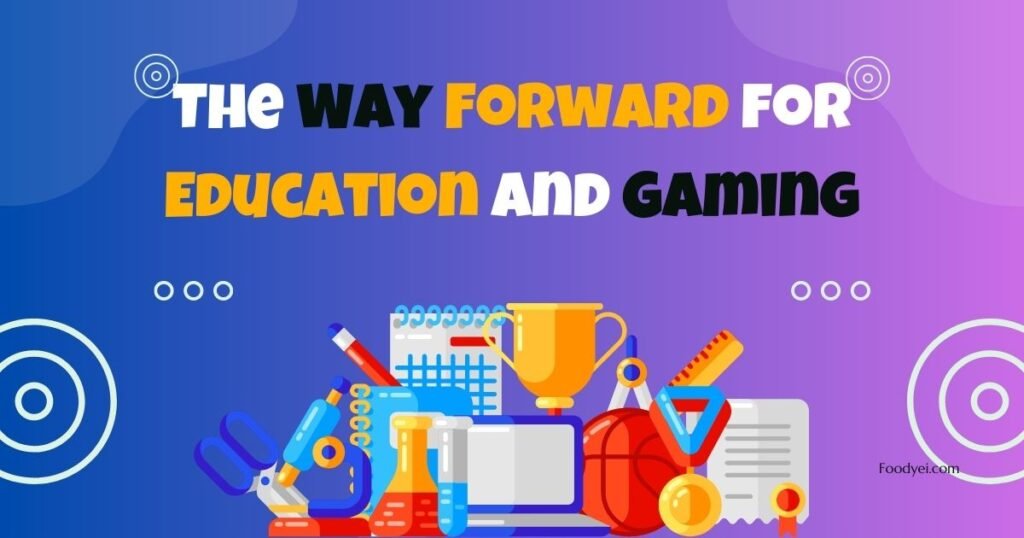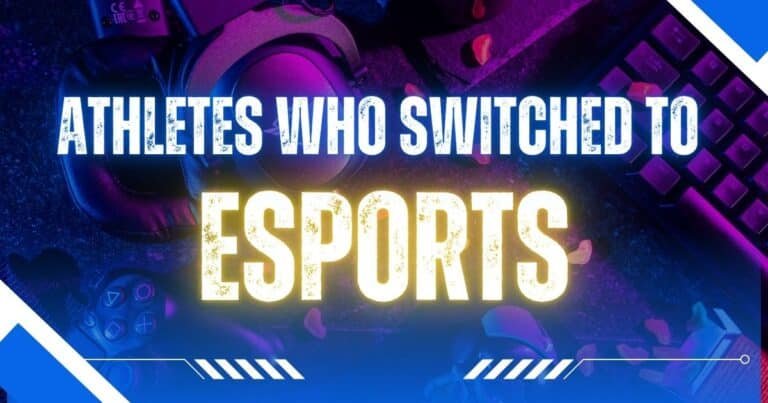Beyond entertainment, the rise of esports creates new pathways for students seeking careers in gaming and connects powerfully with digitally native generations. This intersection of esports and education produces both new academic programs catering to esports interests and opportunities for gamers to pursue higher education.
College esports scholarships, courses, varsity gaming teams, and educational events signal a blending of academia and competitive gaming. While still evolving, these bridges between esports and education promise to support professionalization and enrich learning for pro gamers and students alike.
This blog explores the growth of university esports programs, academic offerings for aspiring gaming professionals, and the mutual benefits derived from fusing these realms.
The Surge in Varsity Esports Programs
One of the biggest shifts as esports expand has been the adoption by colleges and universities as an organized activity. The National Association of Collegiate Esports (NACE) reported varsity gaming programs at over 200 US schools as of 2022. This number doubled in just a few years, with continued growth expected.
Popular varsity esports games align with major competitive titles like League of Legends, Overwatch, Rocket League, Hearthstone, Smash Bros, and more. Schools construct dedicated gaming facilities and labs with specialized tools like simulation software, video analytics, and collaborative workstations.
These varsity programs parallel traditional sports with structured practice, coaching, schedules and conferences facilitating matches against other schools’ teams. Some even offer scholarships to recruit elite talent. Varsity gaming provides a structured development pipeline for aspiring pro players.
Expanding Esports Scholarship Offerings
Speaking of scholarships, academic esports scholarships represent another booming trend benefiting strong gamers. Over $15 million in college gaming scholarships got awarded in 2019 alone, equating to an average of $4,800 per recipient.

Schools like the University of California-Irvine, Maryville University, Harrisburg University, and Robert Morris University offer generous esports scholarships reaching full tuition value for some students. Awards depend on in-game skills, academic criteria, leadership, and diversity factors.
This not only supports talent but makes an elite education far more accessible for low-income aspirants dreaming of an esports career. The college promises valuable knowledge both inside and outside of gaming for future stars.
Esports-Focused Academic Programs
Beyond competitive gaming teams, academic institutions now provide diverse esports-centric educational programs aligned with gaming industry workforce needs.
Degrees span multiple disciplines leveraging esports contexts for technology, business, marketing, analytics, communication, and design learning. Courses teach hard and soft skills relevant to esports careers like:
- Game Design – Developing, testing, and releasing original games.
- Live Event Management – Planning and coordinating major tournaments.
- Content Production – Creating digital esports media content for streaming and social platforms.
- Data Analytics – Tracking key gaming metrics and deriving performance insights.
- Business Management – Marketing, finance, law, sponsorships, and other operational aspects.
Hands-on curriculum in esports concentrations transfers classroom learning into real-world gaming industry application.
Education Pathways for Aspiring Pros
For students harboring dreams of playing professionally, structured college esports ecosystems offer alternative development paths to going pro directly:
- Competition – Playing against strong peers in conferences helps hone skills under expert coaching. Varsity structures teach team building.
- Flexibility – Allows focusing on gaming ambition while earning a degree as a backup.
- Major options – Relevant majors like marketing, communication, and computer science complement gaming excellence.
- Networking – Building relationships, personal branding, and name recognition in the esports community.
- Maturity – Added years to grow mentally and physically before jumping into the pro play. Gain life balance.
The college serves as a viable interim step before entering the professional esports world prepared and with a degree in hand.
Benefits of Developing Campus Connections
Tighter bonds between esports and academia also confer advantages beyond just serving students:

For pro teams and organizations:
- Recruiting future prospects developed through collegiate systems.
- Connecting with educated fans and talent.
- Marketing and audience exposure to students.
For gaming publishers:
- Expanding player pools and interest around competitive titles.
- Grassroots community building and brand awareness.
- Research opportunities around gaming technology and human-computer interaction.
For technology programs:
- Increased enrollments and perceived relevance among digitally inclined youth.
- Source of research problems around machine learning, platforms, networks, AI, visualization, VR, and innovation.
- Startup incubation and job pipelines into the video game industry.
Strategic campus esports partnerships create win-win wins beneficial for schools, gaming companies, and fans.
The Way Forward for Education and Gaming
While still maturing, the intersection of esports and academics represents a natural fit where structured learning environments meet virtual worlds natively understood by digitally immersed generations.
Forward-looking institutions that embrace gaming set themselves up to engage students and catalyze a new breed of professionals equipped with both intellectual and digital prowess. At its heart, education means equipping learners for fulfilling vocations. Job landscapes now include gaming.

But games also innately engage minds through interactive challenges. More broadly, interactive digital literacy shapes modern learning itself. This common language and thinking better allows educators to prepare learners for technological futures.
And crucially, applied gaming concepts teach experiential problem-solving and design thinking. These carry over into all disciplines, even those not focused directly on computing. Education and esports ultimately share the deeper mission of cultivating capable creative minds.
Frequently Asked Questions About Esports and Education
How many colleges offer esports scholarships?
Over 170 colleges currently provide some level of esports scholarship funding according to unofficial tallies. Medium to large schools with gaming programs represent the most offering financial aid.
What academic majors best complement esports aspirations?
Relevant programs include computer science, design, marketing, communications, entrepreneurship, sports management, statistics, psychology, journalism, and business administration.
Do varsity collegiate esports teams help professional prospects?
Around a quarter of current pro gamers participated in college varsity programs during their developmental years according to estimates. The structured practice and exposure aid pro pathways.
What percentage of students are interested in esports education options?
Surveys suggest over 60% of high school and college students express some interest in integrating esports into academics, whether through gaming teams, degrees, or informal learning.
How do esports on campus aid student recruitment and retention?
Offering relevant esports activities improves student engagement, campus community, and perceived quality of college life for digital native generations. This can provide enrollment incentives.




